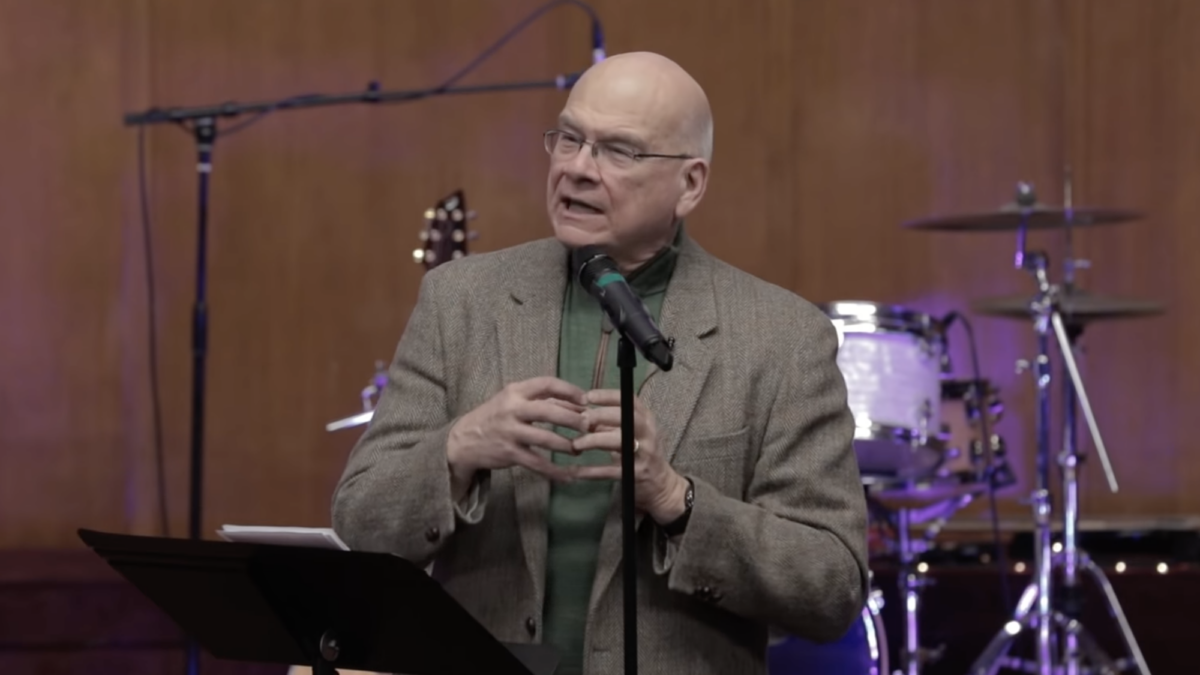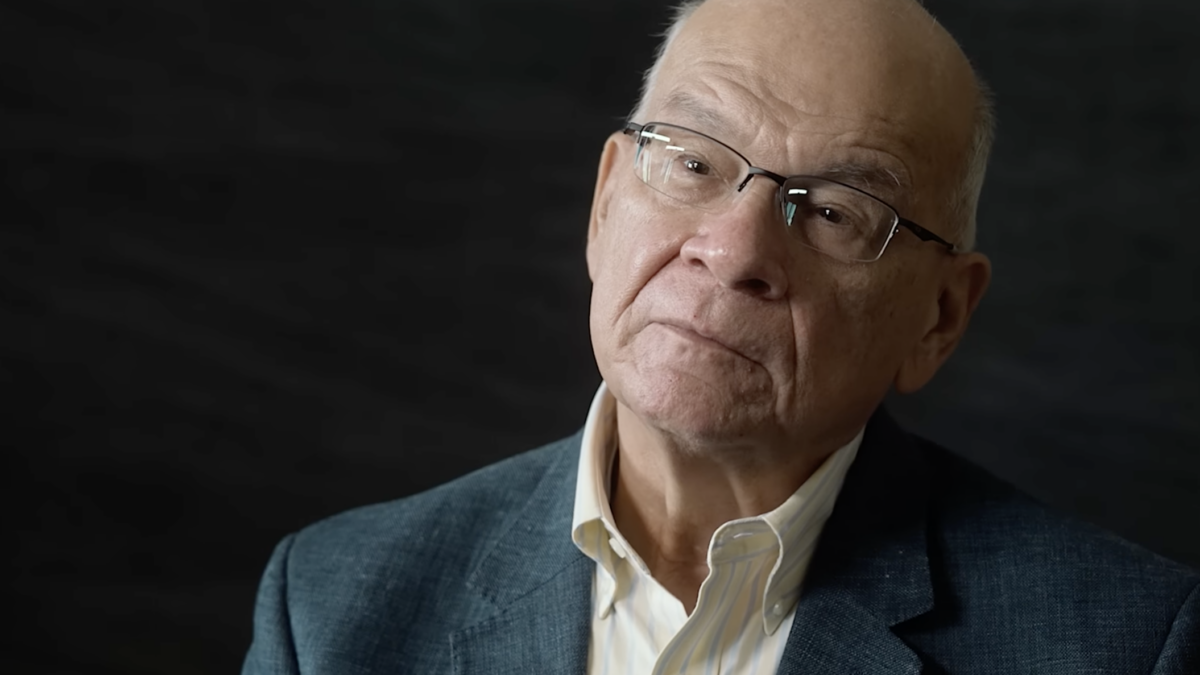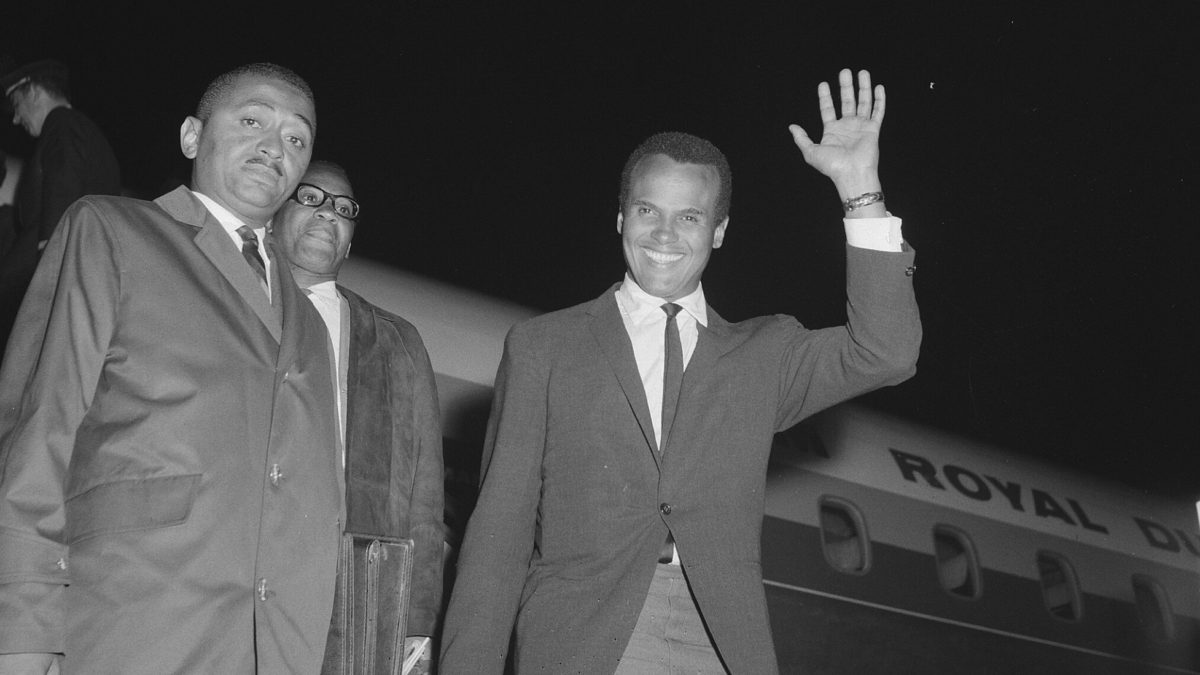
Out of Belgium comes disturbing news that a 17 year-old—a legal minor—was granted the power to kill himself. This is the first reported instance of a child taking advantage of Belgium’s laxer stance after legislators removed the prohibition on child euthanasia in 2014.
Western Europe and a growing number of American states now permit some form of euthanasia. But the instance of a minor killing himself or herself is evidence that the fears critics raised about expansive euthanasia laws are coming to fruition.
Christian ethicist Denny Burk responded to the news by suggesting that the path Belgium is going down has dark consequences for giving government increased oversight for determining what is a quality life: “Do they understand that if we only value lives that meet a minimum threshold of ‘quality,’ then none of us are safe?”
Every Life Always Matters
As a Christian ethicist who focuses on the moral principles undergirding civil society, I stand squarely with Burk and within the Christian tradition in rejecting euthanasia. The Christian moral tradition teaches that all life possesses inviolable dignity and that the active, intentional killing of innocents—even the terminally ill—is unjust, immoral, and sinful. To dispose of life because of illness runs contrary to the Christian understanding of life’s sacred value despite circumstances. More broadly, euthanasia communicates to society that suicide is an acceptable response to suffering.
This grave sequence flows downstream from what Pope John Paul II called a “Culture of Death.” Such a culture does not recognize the inviolable dignity of life, but makes utilitarian calculations about a person’s “worth” to themselves and to society. Euthanasia relies upon an inhumane form of self-ownership that finds a right to kill innocent life.
But humans do not own themselves. We did not give ourselves life; and we should not give ourselves death, either. When we take it upon ourselves to arrange the time and place of our deaths, we are engaging in mass-scale barbarism. Fittingly, the regimes most accepting of euthanasia are post-Christian.
Child euthanasia opens the door to an even darker, bleaker future. Questions about the legitimate use of capital punishment aside, in cases where persons are innocent (like abortion), the state’s presumption ought to be toward protecting and valuing all life. This should be especially true of children’s lives. No one, even medical professionals, can definitively determine if and when a person will die, much less a child, who can take miraculous turns for the better.
The Slippery Slope Is Real
Euthanasia takes the presumption of life and places it within the precarious categories of individualism and self-autonomy. States that permit euthanasia tend toward ever-greater expansion of the practice, not restricting it, demonstrating this presumption against life.
Indeed, states that go down the path of euthanasia have a difficult time limiting its eligibility criteria over time. What is the limiting principle that prevents some people’s experiences from justifying euthanasia?
Consider that a sexual abuse victim in the Netherlands was permitted to euthanize herself. Despite overall health in this instance, a person’s mental anguish met the threshold for the state to justify euthanasia. If someone suffers enough anguish and prolonged desire for euthanasia, on what grounds does a secular state deny such persons a euthanasia request?
Like any state policy over matters of deep moral consequence, the gravest consequences are the unexpected. Once polities turn the euthanasia corner, the poorest and most indigent will face outsized pressure for euthanasia. Legislators may reject such a claim, insisting euthanasia is entirely voluntary. But one must have more realistic views of state power and state reach.
States that allow sanitized forms of suicide will end up making ever-greater justifications for its social utility. According to the Los Angeles Times, for example, California’s health program for low-income Californians has allocated $2.3 million for the 443 people expected to use the program. Eerily, California’s End of Life Option Act prohibits “aid-in-dying” from being called mercy killing, euthanasia, or assisted suicide. Thus the perpetrators deploy euphemisms to mask the brutality of what’s happening.
Once life is deemed not worth living, there will be little to protect those whom society deems less valuable. Indeed, legalizing euthanasia crosses a line that is hard to regain. Whatever the state deems permissible, it could also very well require of any licensed medical professional to administer, thus also jeopardizing conscience and religious liberty.
State Control of Death Is Dangerous
Author and Christian apologist C.S. Lewis once wrote that “Of all tyrannies, a tyranny sincerely exercised for the good of its victims may be the most oppressive.” What Lewis hypothesized has come to reality in Western Europe and parts of the United States. Under the rhetorical guise of phrases like “Death with Dignity,” the unavoidable reality is that euthanasia is state-sponsored suicide in the name of secularist views on compassion. But it is not compassionate to kill someone to relieve his or her pain. Instead, suffering people ought to receive palliative medicines that can relieve pain without intentionally killing.
Welcoming one’s death as inevitable is altogether different than actively pursuing it, which is what the state is now licensing. Under the pretense of its own sovereignty, the state’s involvement in a person’s suicide is a deadly form of statism. Once a state takes active interest in permitting suicide, it can just as well encourage it.
The state’s determination of what is a quality life worth living cedes immense power away from the intrinsic and inviolable dignity of every living person. As a Christian, I abhor the idea that persons made in the image of God ought to be given the power to end a life that is not solely their own. As a conservative, I abhor the idea of handing more power over to the state in creating a moral environment that permits suicide.
Euthanasia is a culture-shaping idea and practice that humane societies should actively reject. It communicates the idea that life is not worth living, and tragically leaves subjective definitions of life’s quality to bureaucratic death panels (literally) like Belgium’s “Federal Control and Evaluation Committee on Euthanasia.” To safeguard against expansive uses of euthanasia like what has now happened in Belgium, states should not permit citizens of any age or any malady to kill themselves. Period.









